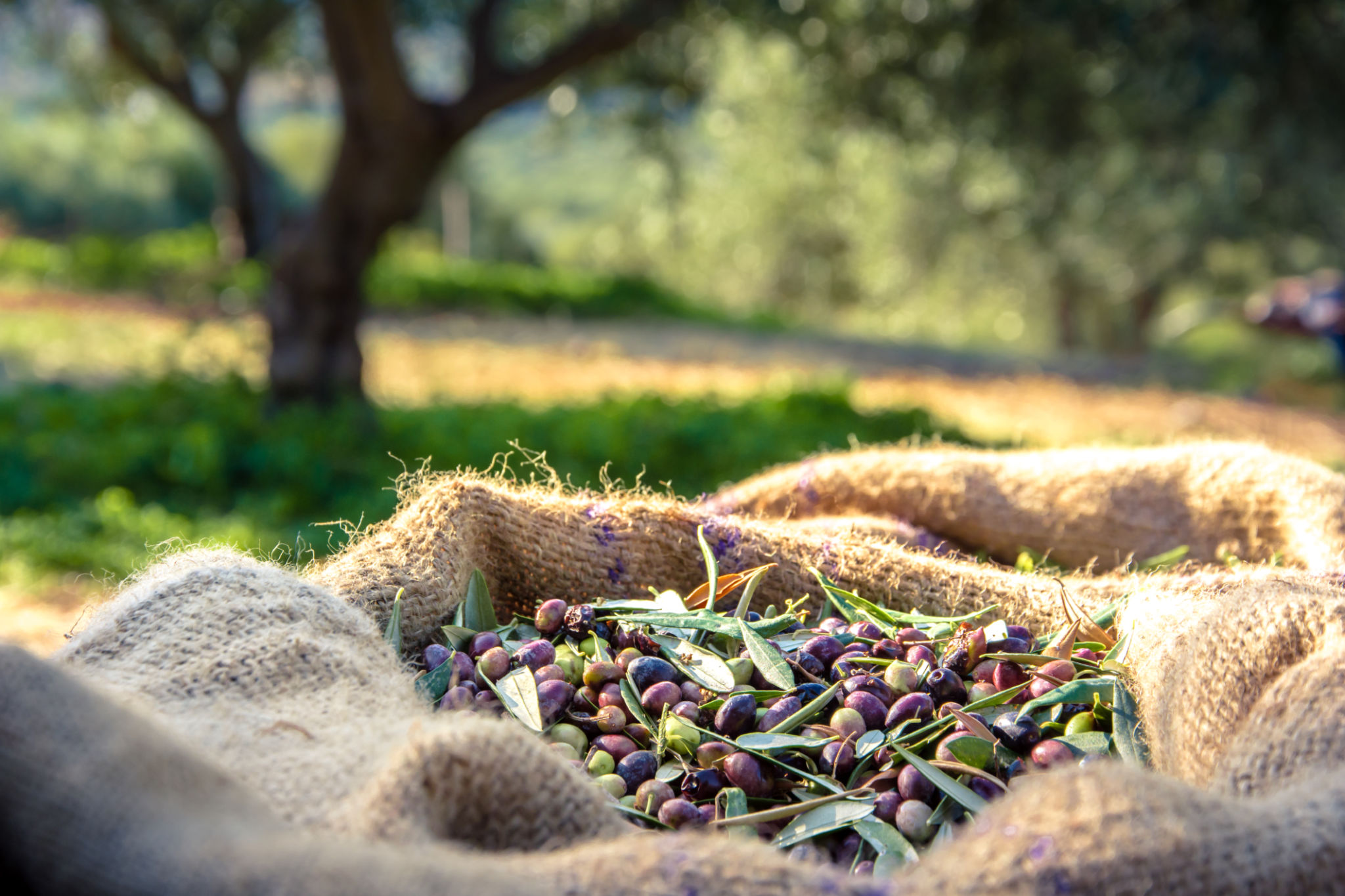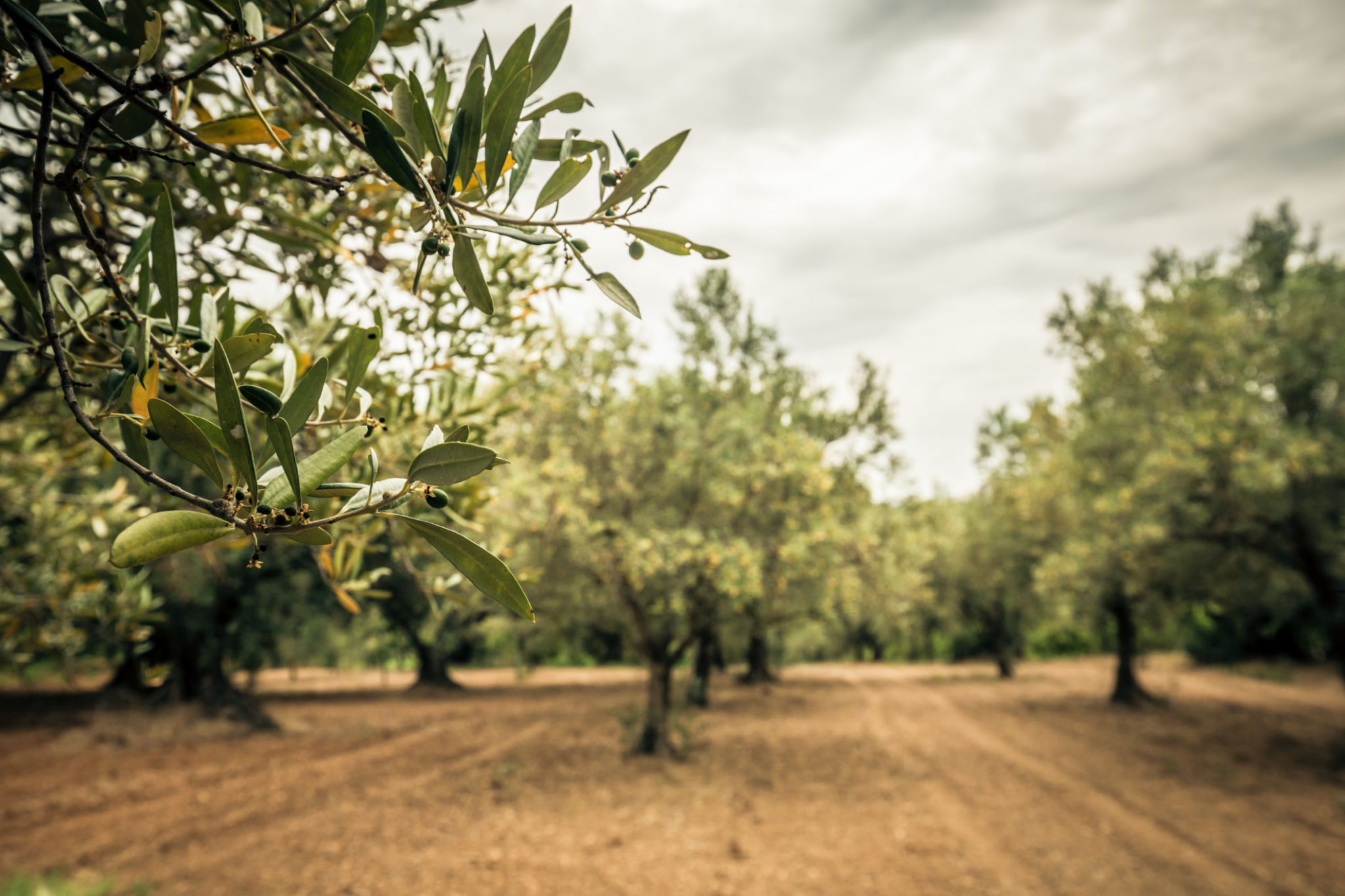Exploring the Journey of Olives: From Greece to Illinois
NB
The Origins of Olives in Greece
The journey of the olive begins in the sun-drenched groves of Greece, where this ancient fruit has been cultivated for thousands of years. The Greeks have long revered the olive tree, not only for its nutritional value but also for its cultural and symbolic significance. Olive oil was considered a gift from the gods, and its production was a cornerstone of Greek agriculture.
Greece is home to a variety of olive species, each with its own unique flavor profile. Some of the most popular varieties include Kalamata, known for its almond shape and fruity taste, and Koroneiki, often used for its exceptional oil quality. These olives are carefully harvested by hand to ensure their quality and preserve their rich flavors.

Traditional Olive Harvesting Techniques
In Greece, the art of olive harvesting is passed down through generations. Traditional methods involve hand-picking or using small rakes to gently coax the olives from the trees. This painstaking process ensures that the fruit is not bruised, which is essential for producing high-quality olive oil.
Once harvested, olives are sorted and processed using age-old techniques. The fruit is typically crushed to extract oil, while some are cured to be enjoyed as table olives. The resulting products are a testament to the skill and dedication of Greek farmers.

From Greece to Illinois: The Journey Begins
Transporting olives from Greece to Illinois involves a complex logistics chain that ensures the freshness and quality of the fruit are maintained. The journey begins with careful packaging in temperature-controlled environments to prevent spoilage during transit.
Once they arrive in Illinois, these olives find their way into local markets and specialty stores, offering a taste of the Mediterranean to American consumers. The growing interest in Mediterranean cuisine has fueled demand for authentic Greek olives and olive oil across the United States.
The Olive's Impact on Illinois Cuisine
As olives have made their way into Illinois kitchens, their influence on local cuisine has been profound. Chefs and home cooks alike embrace the robust flavors and health benefits of this Mediterranean staple. Olives are now featured in everything from salads and pizzas to gourmet charcuterie boards.
Moreover, olive oil has become a popular choice for cooking and dressing, celebrated for its heart-healthy properties and rich taste. The incorporation of olives into Illinois cuisine reflects a broader trend towards healthier eating habits and global culinary influences.

Cultural Exchange Through Culinary Traditions
The journey of olives from Greece to Illinois serves as a metaphor for cultural exchange through food. This humble fruit has bridged continents, connecting people through shared culinary traditions and flavors. As it becomes a staple in American households, it also fosters an appreciation for its rich history and origins.
Through this exchange, consumers gain insight into Greek culture and agricultural practices, fostering a deeper understanding and respect for global food systems. As olives continue to thrive in Illinois markets, they serve as a delicious reminder of the interconnectedness of our world.